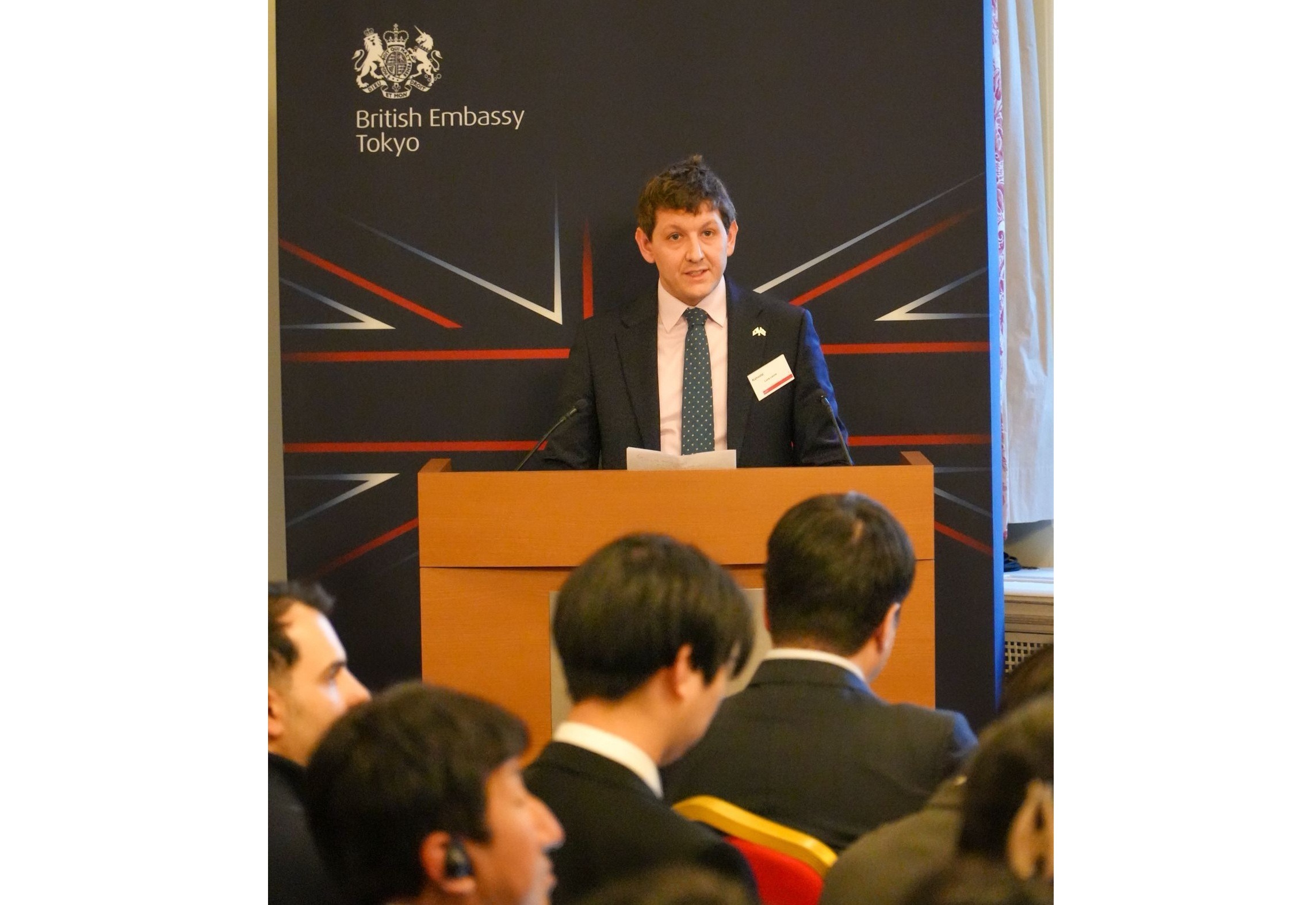Prof William Webster appointed Biometrics and Surveillance Camera Commissioner

Above: The new Biometrics and Surveillance Camera Commissioner, Professor William Webster.
Photo: University of Stirling
The role had been vacant since August 2024, with Francesca Whitelaw KC serving as Interim Biometrics Commissioner since 1st July 2025.
As Commissioner, Professor Webster’s statutory function includes:
- overseeing the retention, use, and destruction of DNA samples, DNA profiles and fingerprints by police forces in England and Wales
- promoting compliance with the Surveillance Camera Code of Practice
Professor Webster is currently Professor of Public Policy and Management at the University of Stirling and Director of the Centre for Research into Information Surveillance and Privacy (CRISP). He has played a significant role in shaping national policy on biometrics and surveillance.
He formally started in the role on 1st November 2025, which will last for two years.
Responding to the announcement, Professor Webster said: "I am delighted to have been appointed as the next Biometrics and Surveillance Camera Commissioner. Developments in new technology, around for example biometrics and artificial technology, mean that this office will play an increasingly important role in safeguarding the rights of citizens.
"My focus will be to oversee police applications to retain biometric material and the evolution of and adherence to, the Home Secretary’s Surveillance Camera Code of Practice.
"I bring to the office over 25 years of academic experience researching the governance of surveillance, with specific expertise in the regulation and provision of surveillance cameras, surveillance ethics, oversight mechanisms and digital government.
"I look forward to working with stakeholders and the office in shaping the regulatory landscape around biometrics and surveillance cameras, and in fulfilling the significant statutory roles associated with this position."
Policing and Crime Minister, Sarah Jones said: "I welcome Professor Webster’s appointment to this vital role. He brings a wealth of experience and expertise in the field. I look forward to working with him to ensure our use of biometrics and surveillance continues to uphold public trust, safeguard privacy and support effective policing."
Professor Webster said: "I am committed to playing an active role in meeting the challenge that developments in new technology pose, for example around biometrics, overt surveillance and artificial intelligence. As I carry out my role, I will actively seek the views of stakeholders and encourage participation in the debate on the regulatory landscape for biometrics and surveillance camera and on how we safeguard the rights of citizens while contributing to keeping the UK safe and secure."











